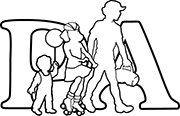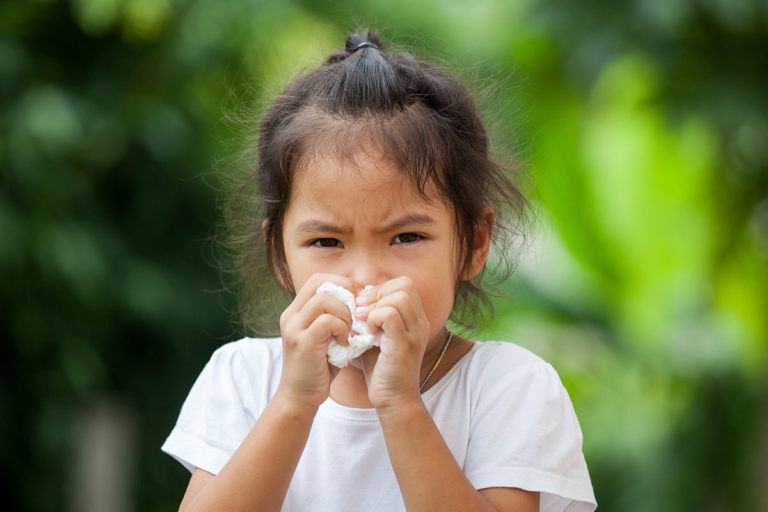Does my child have a cold or is it seasonal allergies?
Sometimes it can actually be difficult to tell, but there are a few things that might help you to tell the difference. First, most children under the age of two years old, do not develop significant environmental allergies. Also, in that age group, we would not want to assume it was allergies and not evaluate for other infections. In general, children with allergies tend to be without fever, sneezing and with a constant runny nose with clear discharge. If the eyes are involved, they tend to be red and itchy and may be swollen. Children with a cold can have fevers, thick nasal discharge and if the eyes are involved, they are more likely to have mucous and to not be itchy. Finally, look for symptoms that seem to come and go only in certain environments. For example, if your child is completely fine, but every time she rolls around in the grass she starts sneezing and getting a runny nose, talk to your doctor about potential allergies.
How do I know if my child has a concussion? How do we treat it?
With spring sports right around the corner, it’s important for parents to be educated about concussions. A concussion is a complex process affecting the brain that is brought about by traumatic forces to the head, either direct or indirect. If your child gets any type of hit to the head caused by a player, a stick, the ball or the ground, they should be evaluated immediately by an athletic trainer if available. If there is not one available and as a parent or coach you are unsure if the player is completely normal, the most important motto for concussion in sports at all ages is “When in doubt, keep them out.” If you are unsure if your child has a concussion, s/he should be removed immediately from practices and games until evaluated by your doctor. Some common signs of concussion to look out for are: headache, nausea, fatigue, irritability, difficulty focusing in school, dizziness, light or noise sensitivity and sleeping problems. Treatment typically involves modified brain rest- usually this means staying out of school for 48 hours then delaying return to physical activities until symptoms have abated, and then a gradual slow reintroduction.
Paige Perriello, MD FAAP

